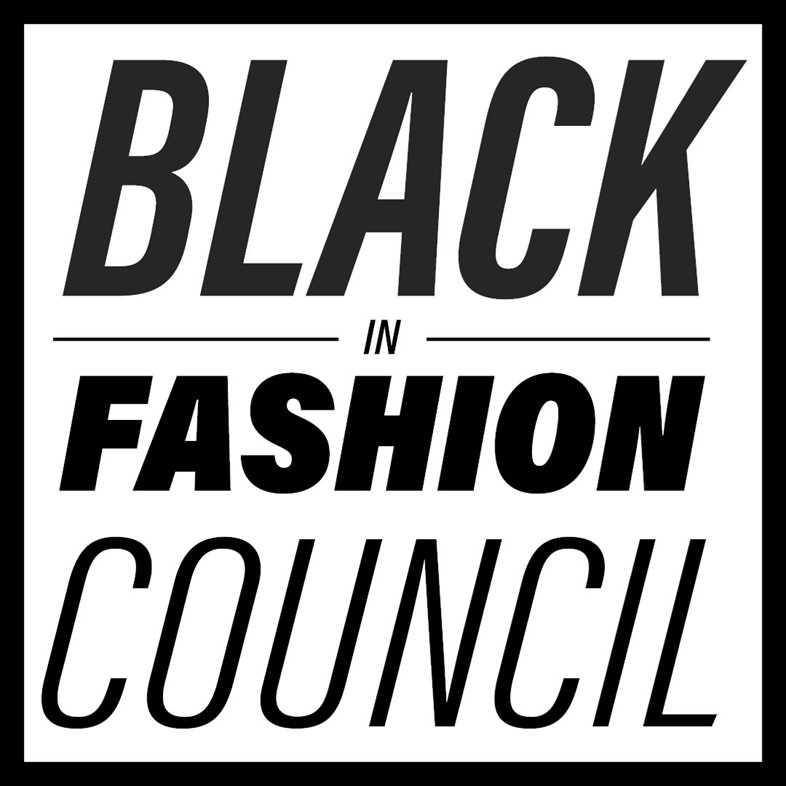Created to represent and advance Black people working in fashion and beauty, Black In Fashion Council officially launched yesterday alongside partners from across the industry – from Calvin Klein and Gap to L’Oréal and Glossier
In June, Lindsay Peoples Wagner, Teen Vogue’s editor-in-chief, and Sandrine Charles, a public relations consultant, announced the founding of the Black In Fashion Council (BIFC), an organisation with the aim to “represent and secure the advancement of Black individuals in the fashion and beauty industry”, as their mission statement reads. First announced in the wake of the murder of George Floyd, and the Black Lives Matter protests which followed, BIFC speaks to those who have since come forward to share their own stories of racism while working at fashion brands, publications and organisations – which are numerous, and come from individuals across the world – with the purpose of holding brands accountable for their behaviour towards Black employees.
Yesterday, BIFC launched officially, with Peoples Wagner and Charles announcing 38 global partners from across the spectrum of fashion and beauty. Among those committing to the scheme are brands like Calvin Klein, Gap, Tommy Hilfiger, retailers Farfetch, Moda Operandi, Browns and The RealReal, publishers Condé Nast and Fashionista, and on the beauty side, L’Oréal and Glossier. Each has pledged to work with the council for the next three years, alongside the Human Rights Campaign, to ensure that existing policies are altered and new ones put in place so that the welfare and success of Black employees, and inclusivity within corporate structures, is at the heart of company policy.
“We envision workforces where Black people are represented and amplified at every level, holding jobs in both C-suite and junior-level positions, and can work alongside allies to create diverse spaces that directly reflect what the world actually looks like at large,” BIFC say. They hope that those who partner with them “rise to the occasion”, asking non-Black brands, publications and people of influence in fashion to examine their own roles in systemic industry-wide racism and turning those conversations into “sustained, long-term change” where accountability is key.
“The Human Rights Campaign already has a Corporate Equality Index for people with disabilities and the LGBTQ community that companies like Kering are already a part of,” Peoples Wagner told American Vogue back in June. “This would be a way to continue to give companies a report card of accountability without them feeling like they’re being shamed into it, and giving them the actual resources of what people are saying they want to see changed ... it only goes so far to say X, Y, and Z brands aren’t doing enough on Instagram.”
Alongside brand partners – which can continue to apply to take part on BIFC’s website – the council will also provide a membership scheme for Black individuals who work in fashion, at a cost of $50 for assistant membership and $100 for general manager membership (again, those who wish to apply can do so via BIFC’s website). Those already part of the executive and advisory boards include stylist Carlos Nazario, photographer, writer and influencer Tamu McPherson, GQ’s deputy fashion director Nikki Ogunnaike, and model and activist Bethann Hardison.
“By organising a resilient group of editors, models, stylists, media executives, assistants, freelance creatives, and industry stakeholders, we aim to build a new foundation for inclusivity,” BIFC say.
To find out more – and find a full list of partners – visit Black In Fashion Council’s website.
